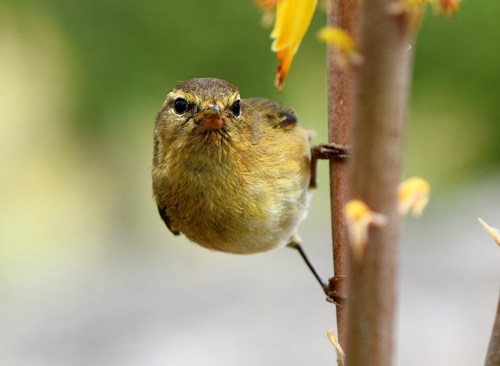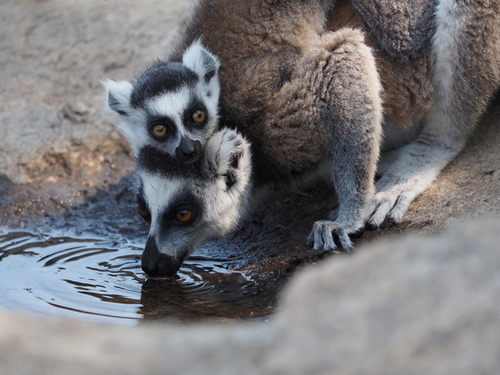
Cos4Bio - Let's test it!
Cos4Bio is a service that integrates biodiversity observations from multiple citizen observatories in one place. This means that you will save time in the species identification process and get access to an enormous number of observations.
We would like to know if you find that Cos4Bio is easy to use and how you would improve it! That is why we invite you to do a short exercise to test the prototype and share your feedback on our Miro board! We will take into account your comments in Cos4Bio development.
You do not need to have previous knowledge. This activity is open to everyone interested in citizen science, experienced or not.
Photo: Phylloscopus canariensis. Credit: © felipecastilla, Natusfera.
We want you to enjoy the exercise without worrying about how our Cos4Bio service works. That’s why we have prepared a set of materials to understand what Cos4Bio is about quickly.
1. Check the Cos4Bio page in order to fully understand the service.
-
Read the description of the service.
-
Check the Cos4Bio infographic and video.
-
Read the FAQs section.
2. Follow this practical exercise to both test Cos4Bio as a citizen or an experienced citizen science user/developer
Photo: Lemur catta. Credit: © Jaume Piera, Natusfera.

Choose an avatar & define your profile
First, you need to choose an avatar that represents you somehow; it can be your professional field or hobbies.
Try to think about the main challenges you face when you use citizen science apps
For example, if you are a teacher that wants to involve your students in a citizen science project to monitor butterflies, maybe you need help to validate all the images.
Take a moment to remember what Cos4Bio is about
To do it, you can check the infographic.
Tell us your story
For example, as a scientist, I want to access verified citizen science information to trust the data.

















